Banks, integral to our financial lives, often find themselves in the crosshairs of public disdain.
From exorbitant fees to fraudulent practices, some banks in America have managed to stand out as particularly despised entities. Here’s an exploration of the most hated banks in America, examining the reasons behind their notoriety and the impact on customers.
Bank of America’s Alleged Fraud
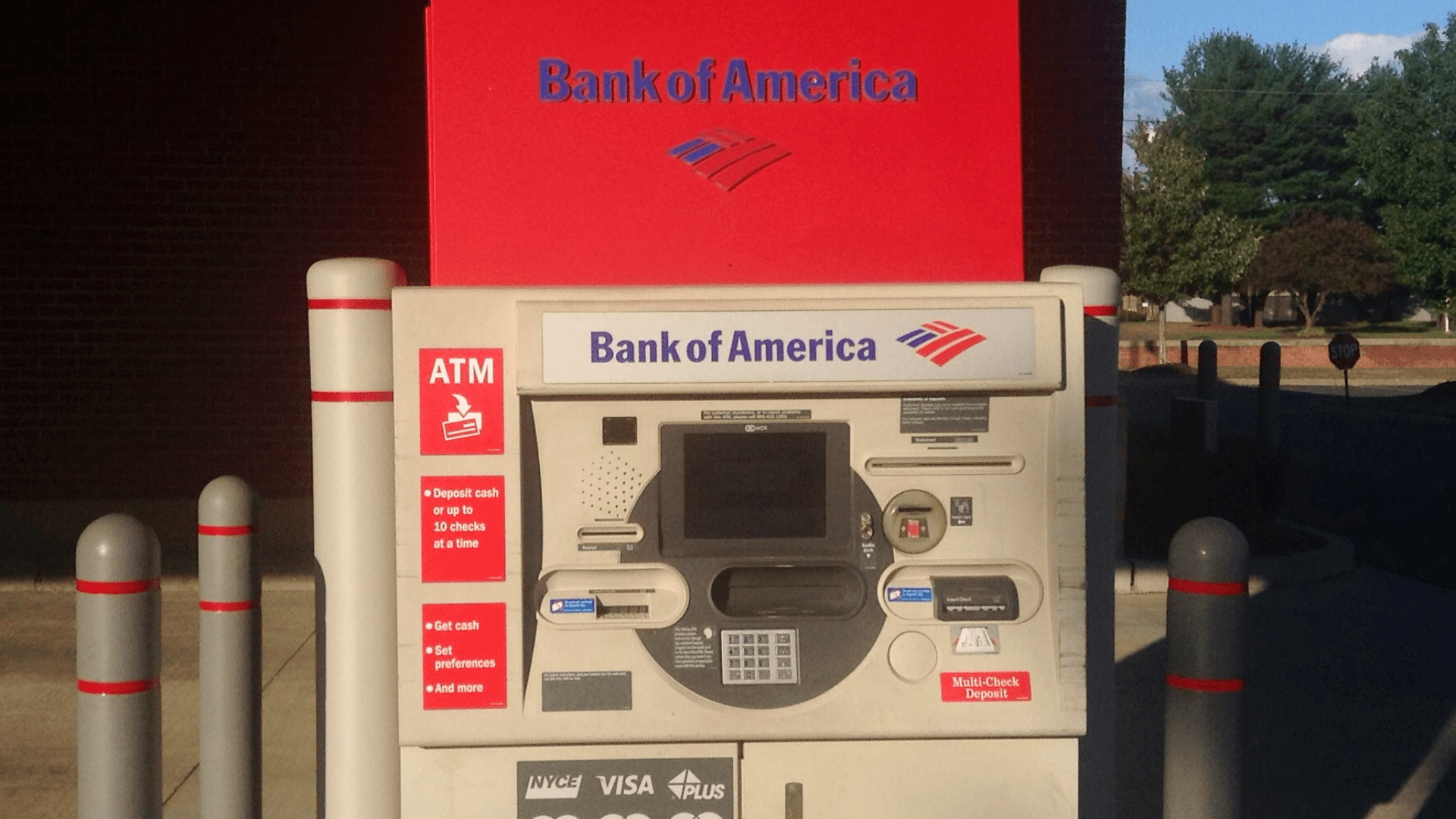
Bank of America has not only secured a spot on the list of most hated companies in America but has also faced legal troubles, including a $100 million settlement for alleged fraud against hospitals and schools.
The frustration extends beyond fees and paperwork, signaling deeper issues within the bank’s practices. The bank has been accused of a multitude of abuses, including mishandling mortgages under the 2009 Home Affordable Modification Program (HAMP).
JPMorgan Chase’s Failed Recordkeeping
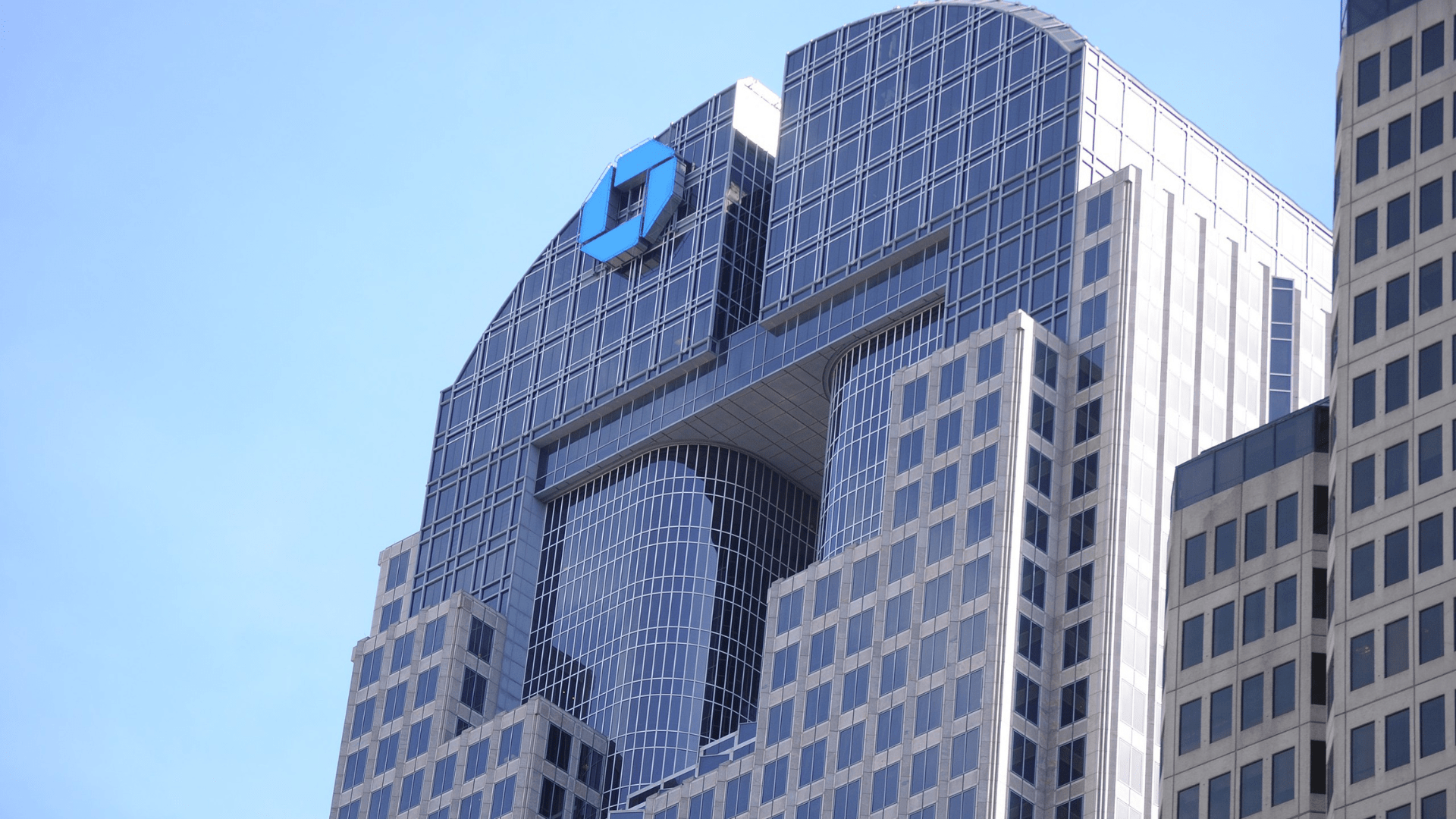
As the largest bank in America, JPMorgan Chase attracts both success and disdain. Controversies, including instances of fraud and racism, have fueled public anger.
Even the customers have voiced their dissatisfaction, with over 4,000 complaints in the past three years, underscoring systemic issues within the banking giant. They also paid out a $125 million settlement to the Securities and Exchange Commission (SEC) at the close of 2021 due to massive failures in recordkeeping.
Wells Fargo’s Fake Account Scandal
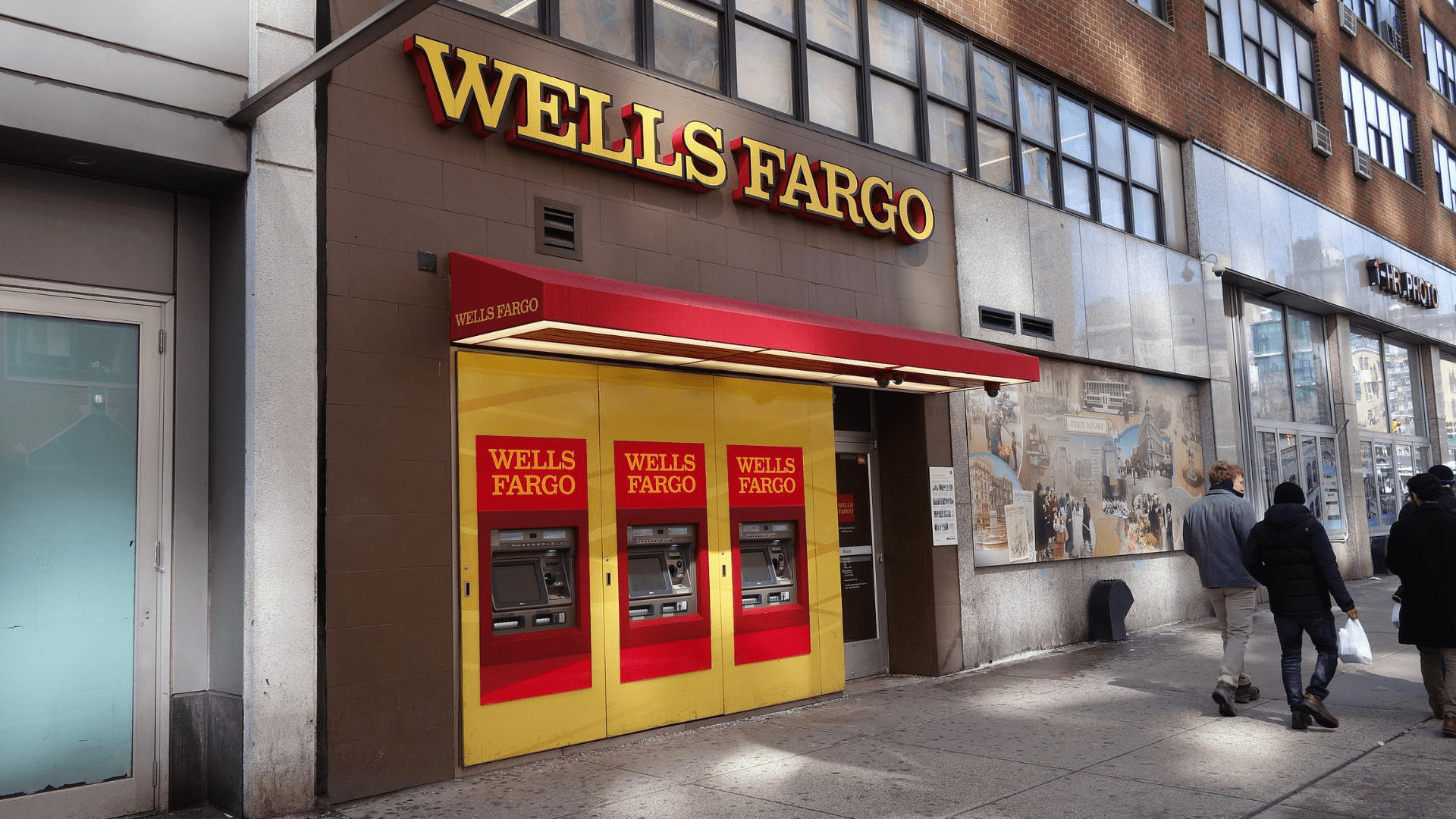
Wells Fargo, despite its status as one of the largest banks, has faced severe backlash, particularly in the aftermath of a $3 billion settlement related to a fake account scandal.
The revelation that employees created fake accounts to meet quotas led to widespread customer fury and damaged the bank’s reputation significantly.
Citi’s $400 Million Fines
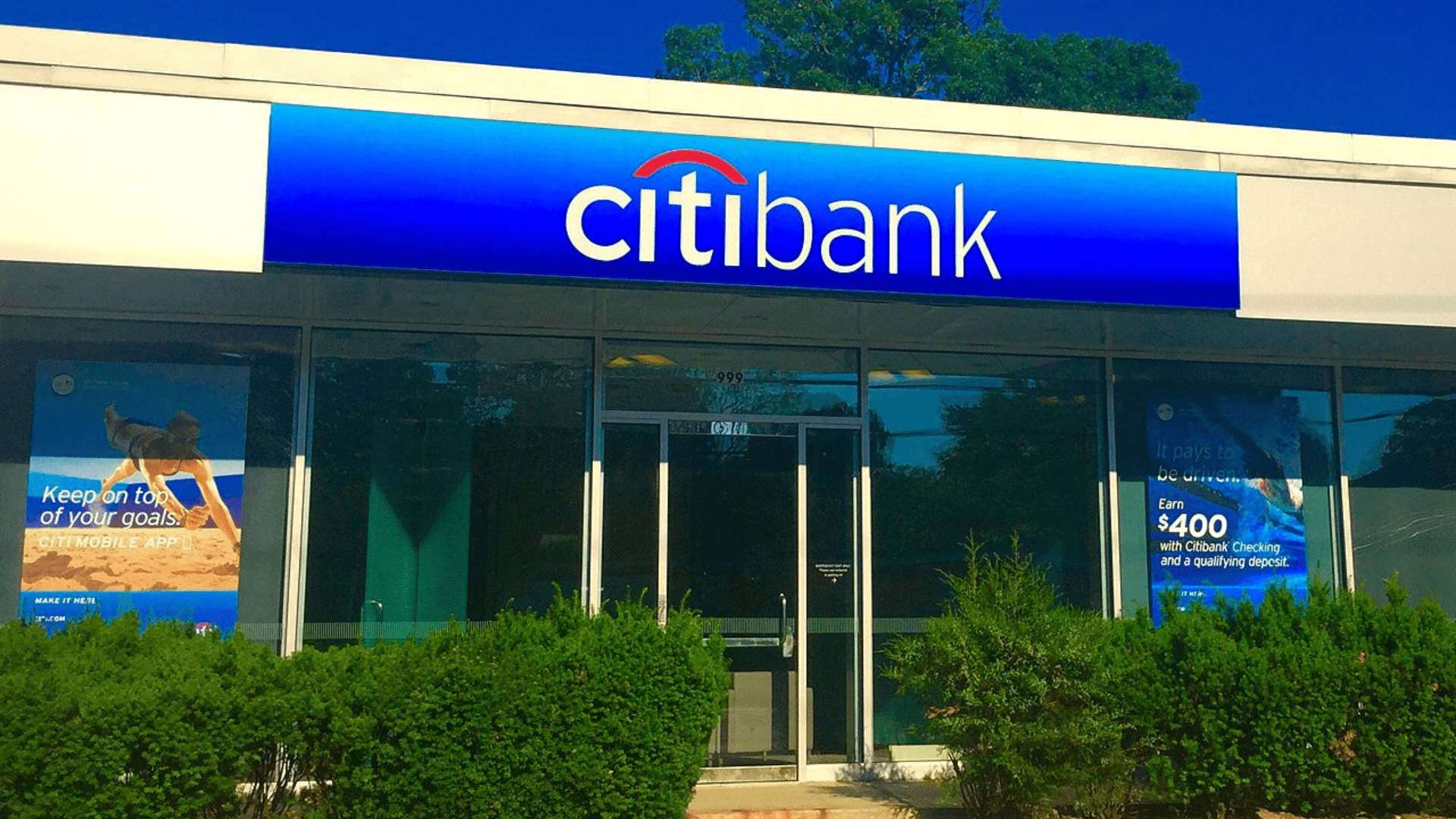
Completing the quartet of major U.S. banks, Citigroup (Citi) holds over $1 trillion in assets but has not escaped legal troubles.
Recent fines amounting to $400 million highlight persistent internal problems. The combination of financial magnitude and legal issues contributes to the bank’s unfavorable standing. The bank was recently accused of inadequate security measures that led to customers losing thousands through scams and fraud.
KeyBank’s Data Breach
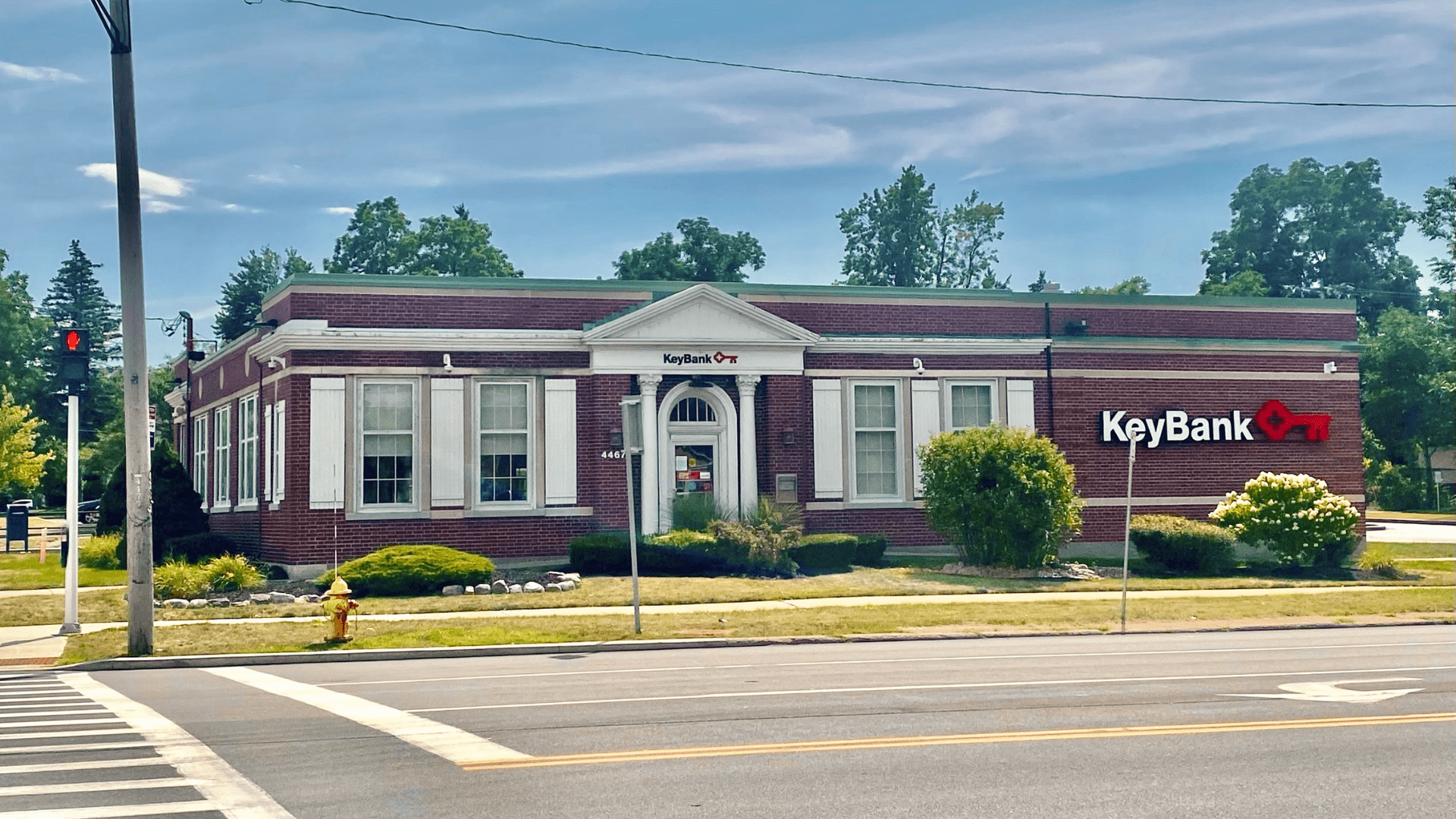
Based in Cleveland, KeyBank faced customer wrath due to a recent data breach, potentially compromising personal data.
The anger manifested in a class-action lawsuit, revealing the significant consequences banks face when security breaches impact their clients. The lawsuit alleged that the bank’s data security vendor did not follow industry or legal standards.
HSBC’s Money Laundering
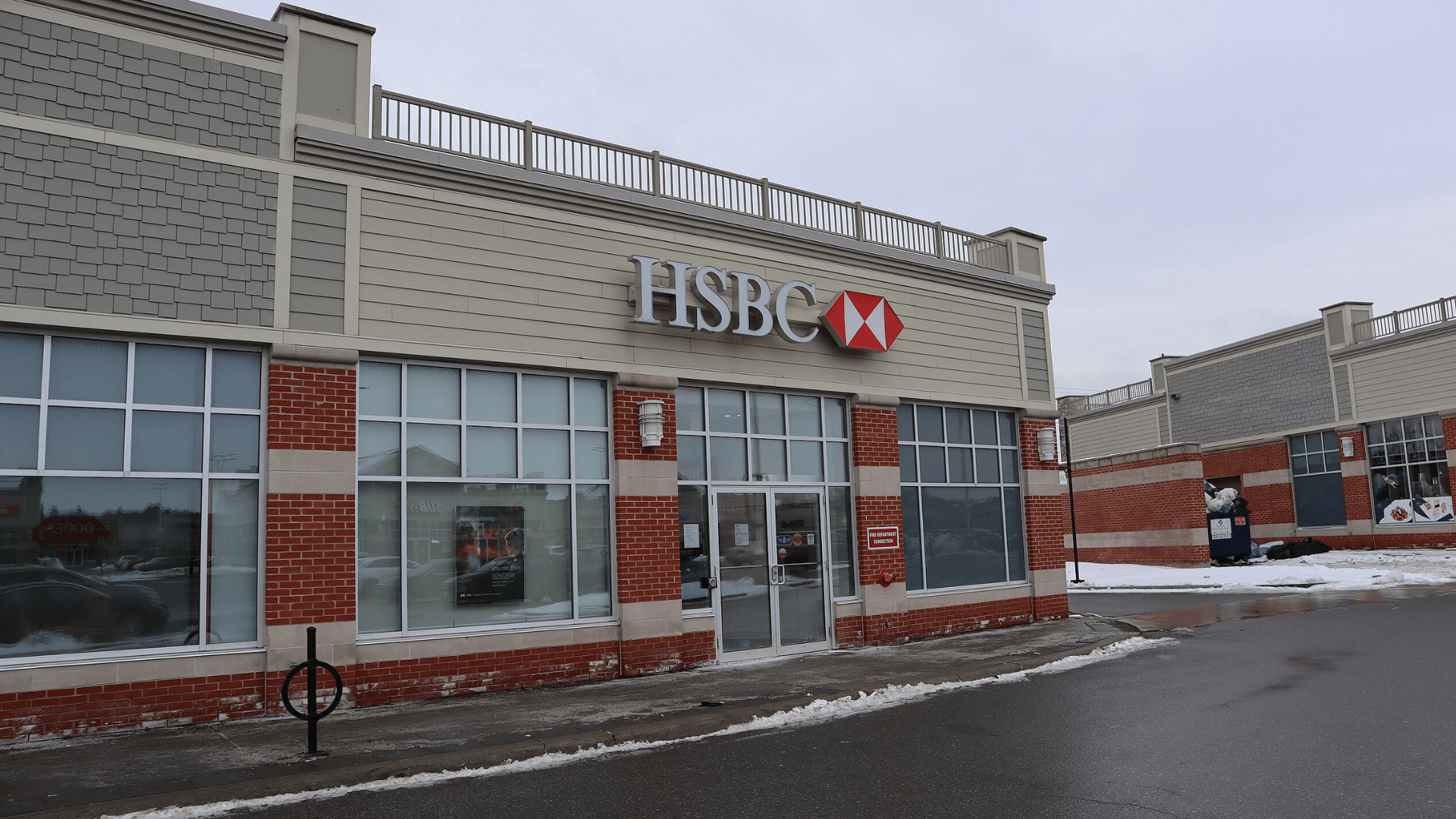
Despite its global presence, HSBC, standing for Hongkong and Shanghai Banking Corporation, faced a colossal $1.9-billion fine in 2012 for alleged money laundering for terrorists and cartels.
This stain on its reputation has contributed to its inclusion among the most hated banks in America.
U.S. Bank Opens Sham Accounts
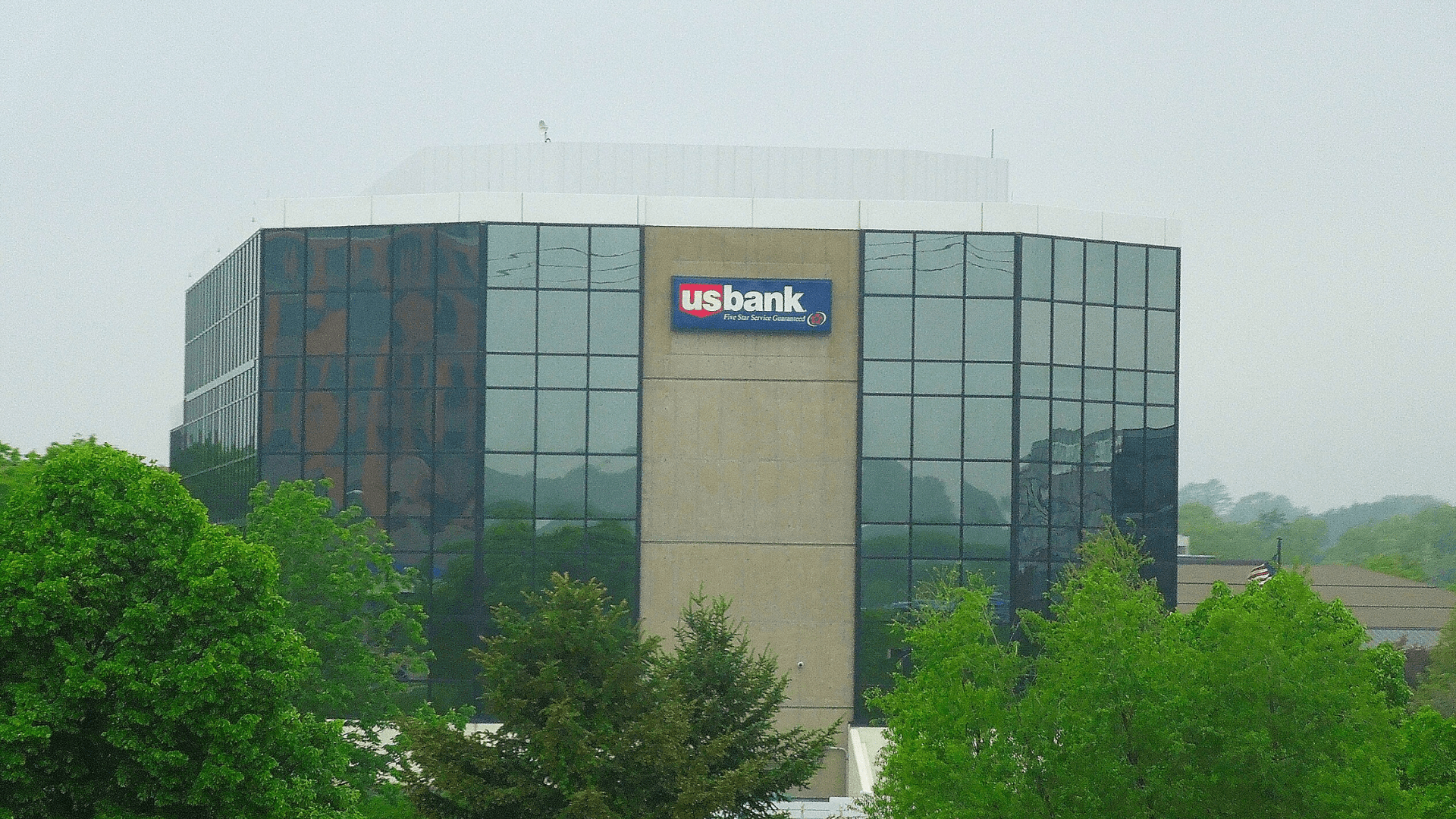
U.S. Bank, a prominent financial institution, faced a multimillion-dollar fine for exploiting customers’ personal data to open sham accounts.
The imposition of fines, amounting to $37.5 million, coupled with the obligation to reimburse fees to affected customers, underscores the repercussions of unethical practices.
Morgan Stanley’s Hard Drive Auction
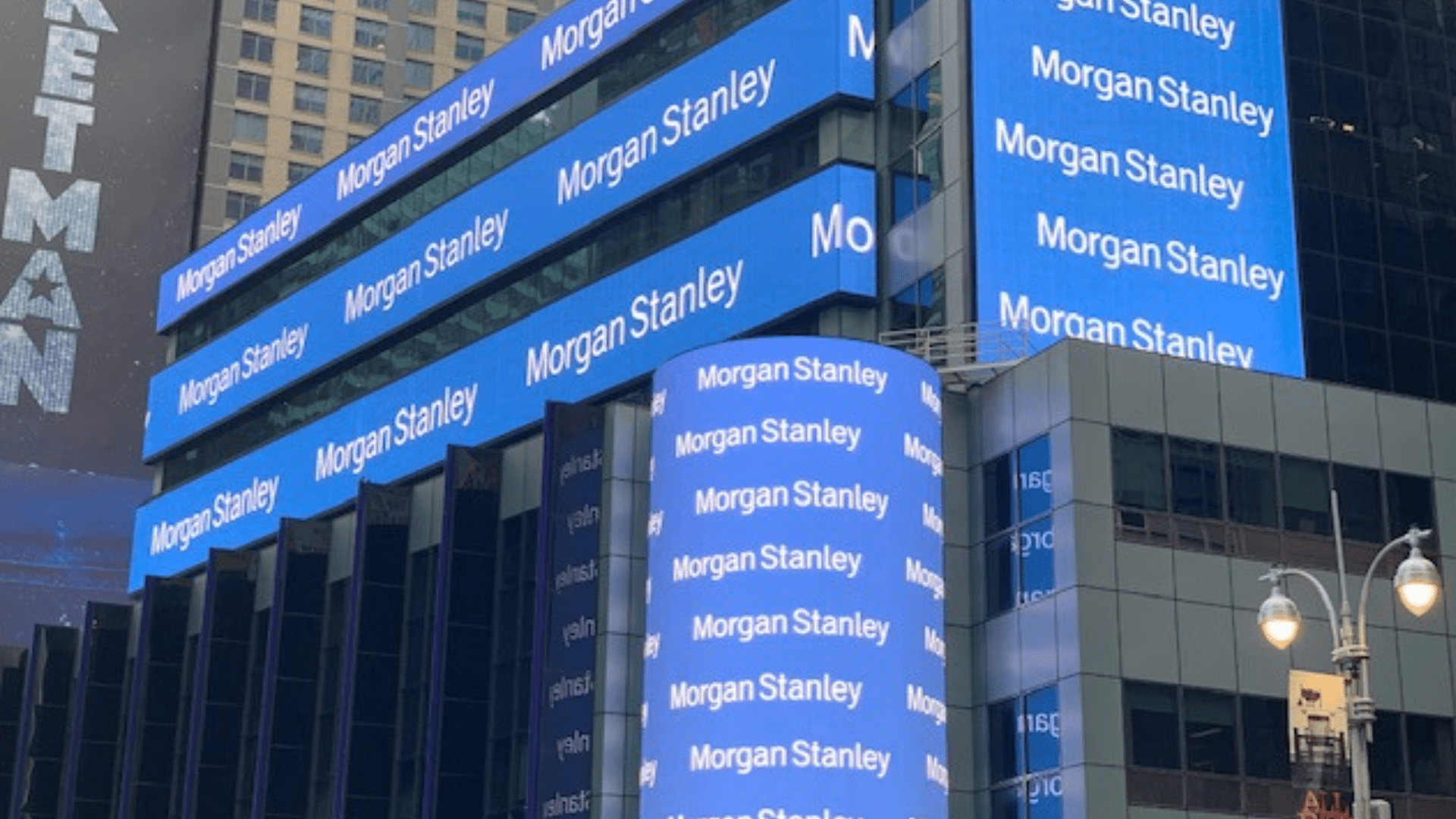
Headquartered on Broadway, Morgan Stanley has grappled with a range of controversies, from racial discrimination lawsuits to the inadvertent sale of hard drives containing the personal data of millions of customers.
They failed to properly dispose of hard drives with private customer data, and the hard drives showed up in an online auction. The Securities and Exchange Commission ordered the goliath bank to pay $35 million to settle allegations. These incidents have added theatrical dimensions to the bank’s tumultuous relationship with the public.
PNC Bank’s Repeated Fraud
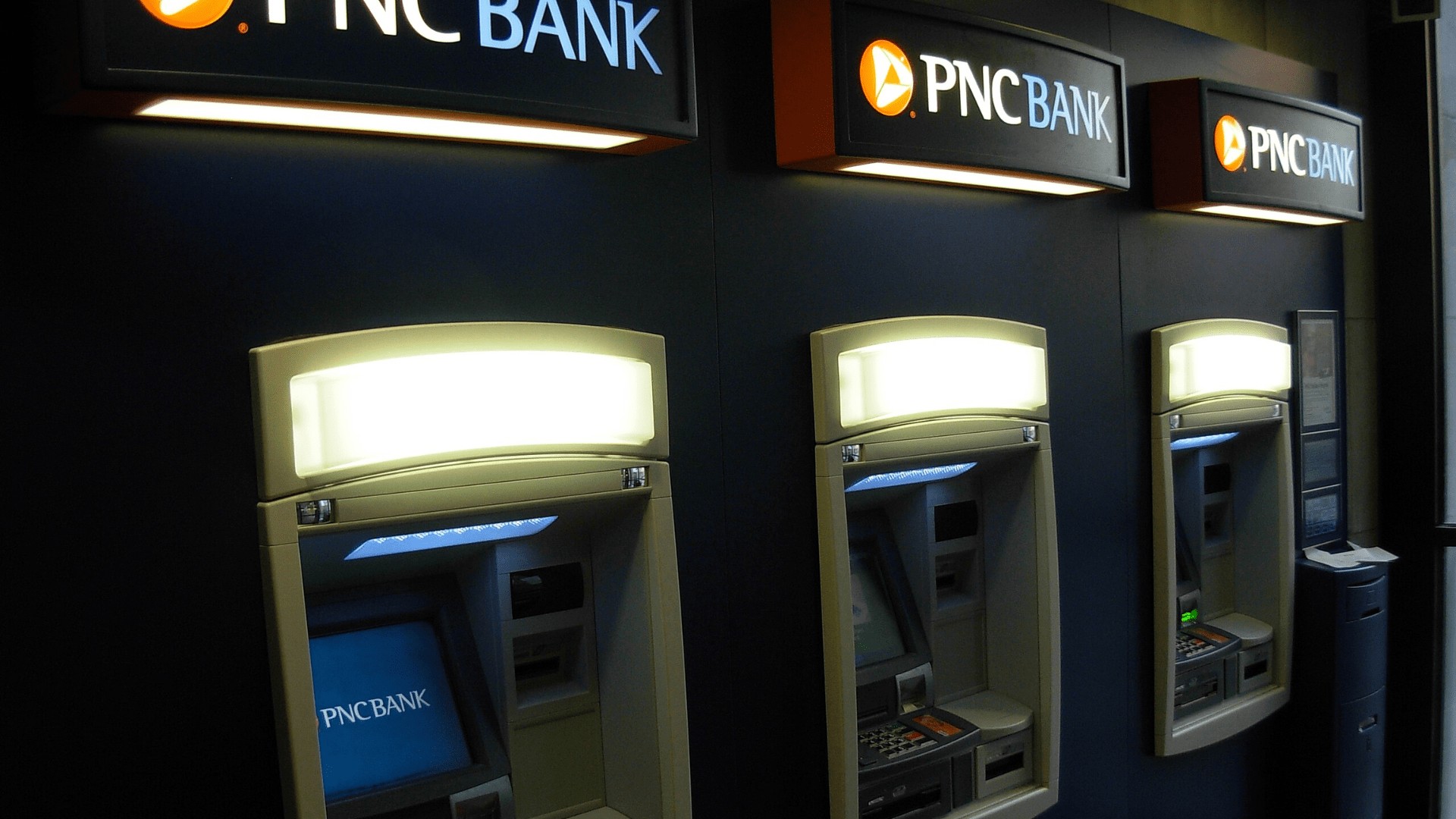
Despite boasting well over 2,000 branches across the country, PNC Bank found itself embroiled in another fraud scheme, echoing a controversy from 2003.
This repeat offense has fueled customer dissatisfaction and eroded trust in the institution.
Truist’s Lack of Customer Service
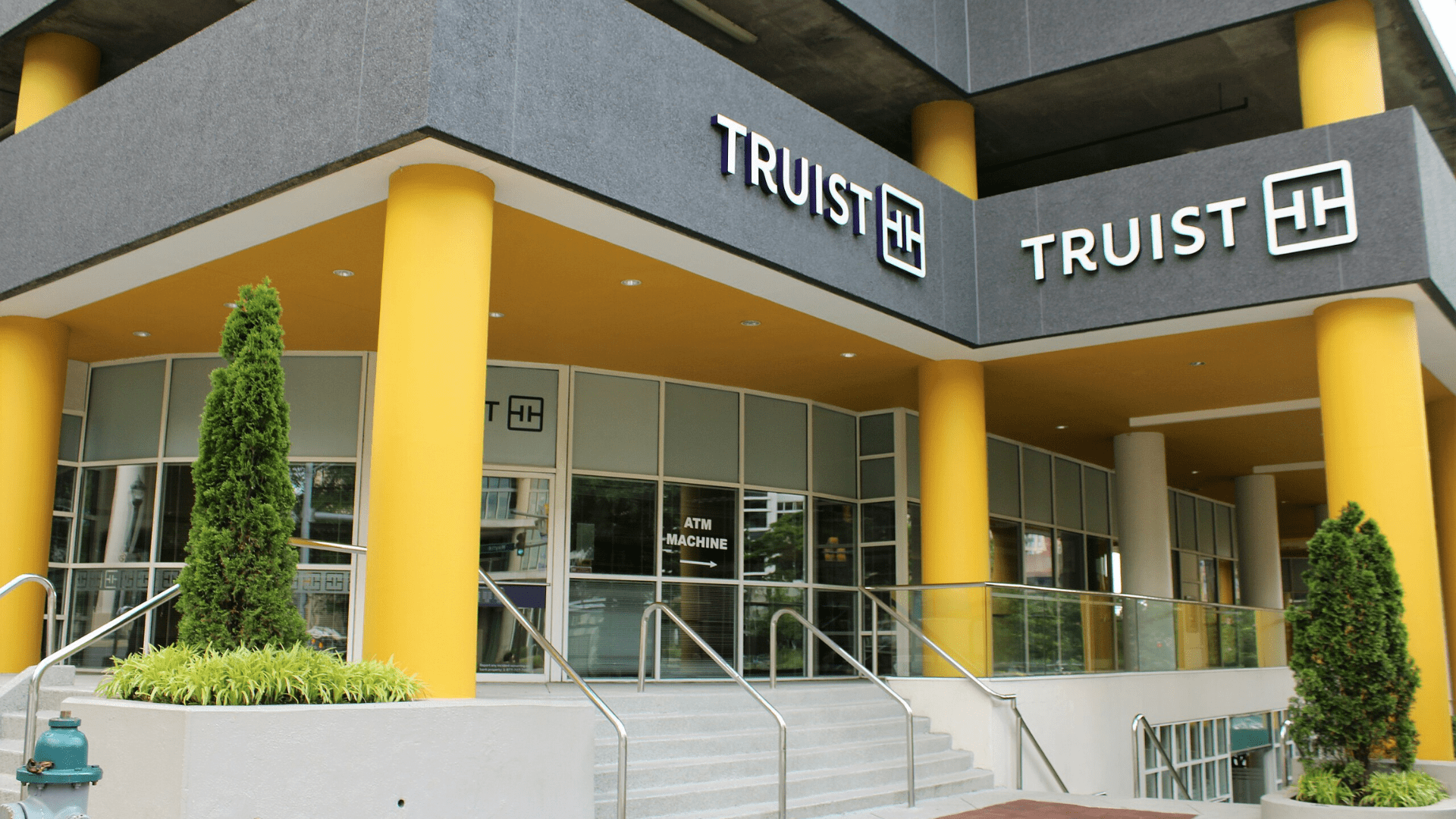
Formed by the merger of BB&T and SunTrust banks, Truist has faced a barrage of customer frustration.
Complaints centered around unexplained fees and prolonged wait times for customer service, highlighting the challenges that can accompany mega-corporation mergers.
Marcus’s Lack of ATMs and Checking Accounts
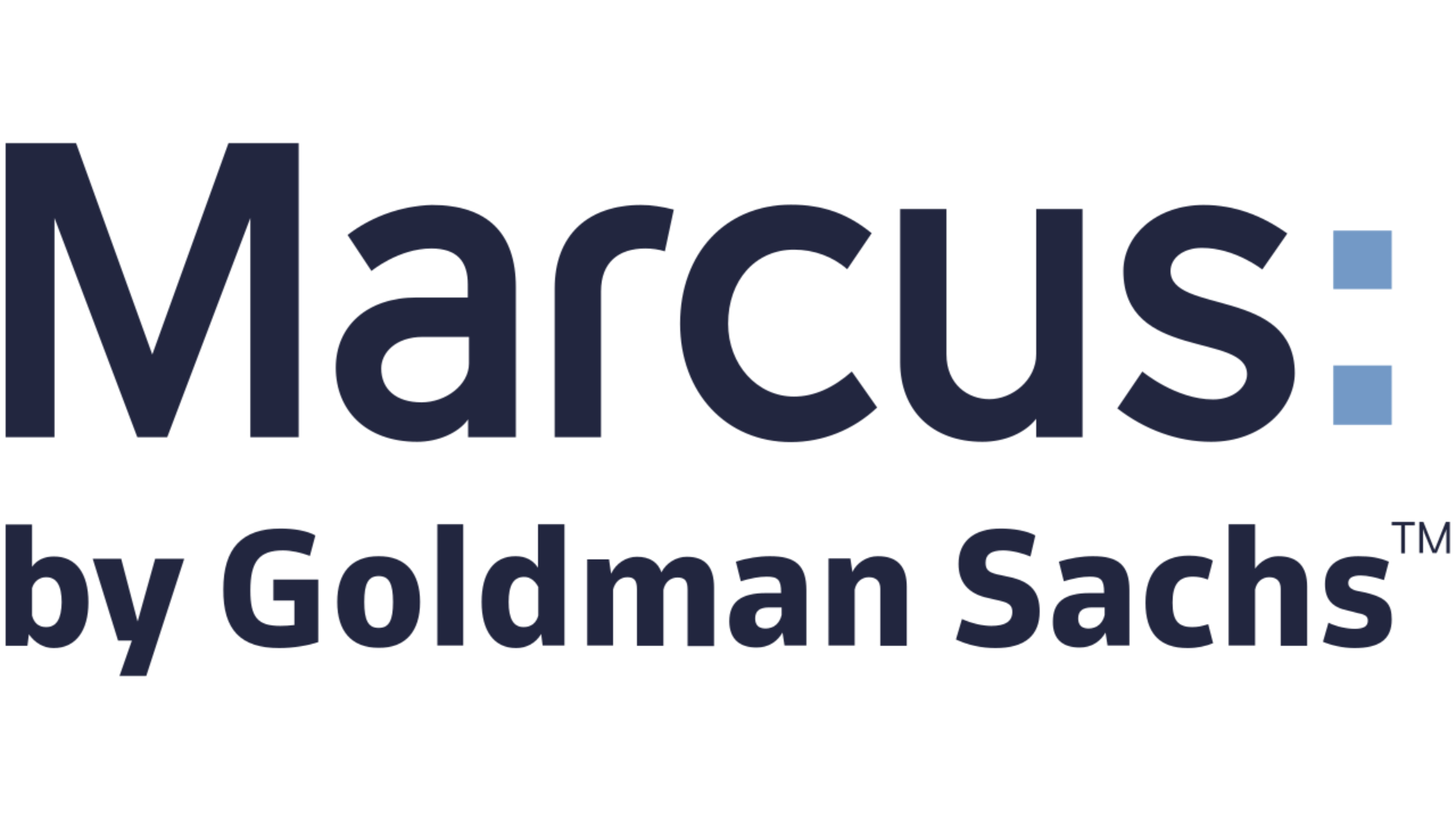
Owned by Goldman Sachs, Marcus positions itself as an online-only bank offering higher-yield savings.
However, a lack of ATMs and checking accounts has frustrated customers, especially amid federal investigations into the bank’s alleged failure to protect customer data.
Bonus: Silicon Valley Bank’s Negative Image
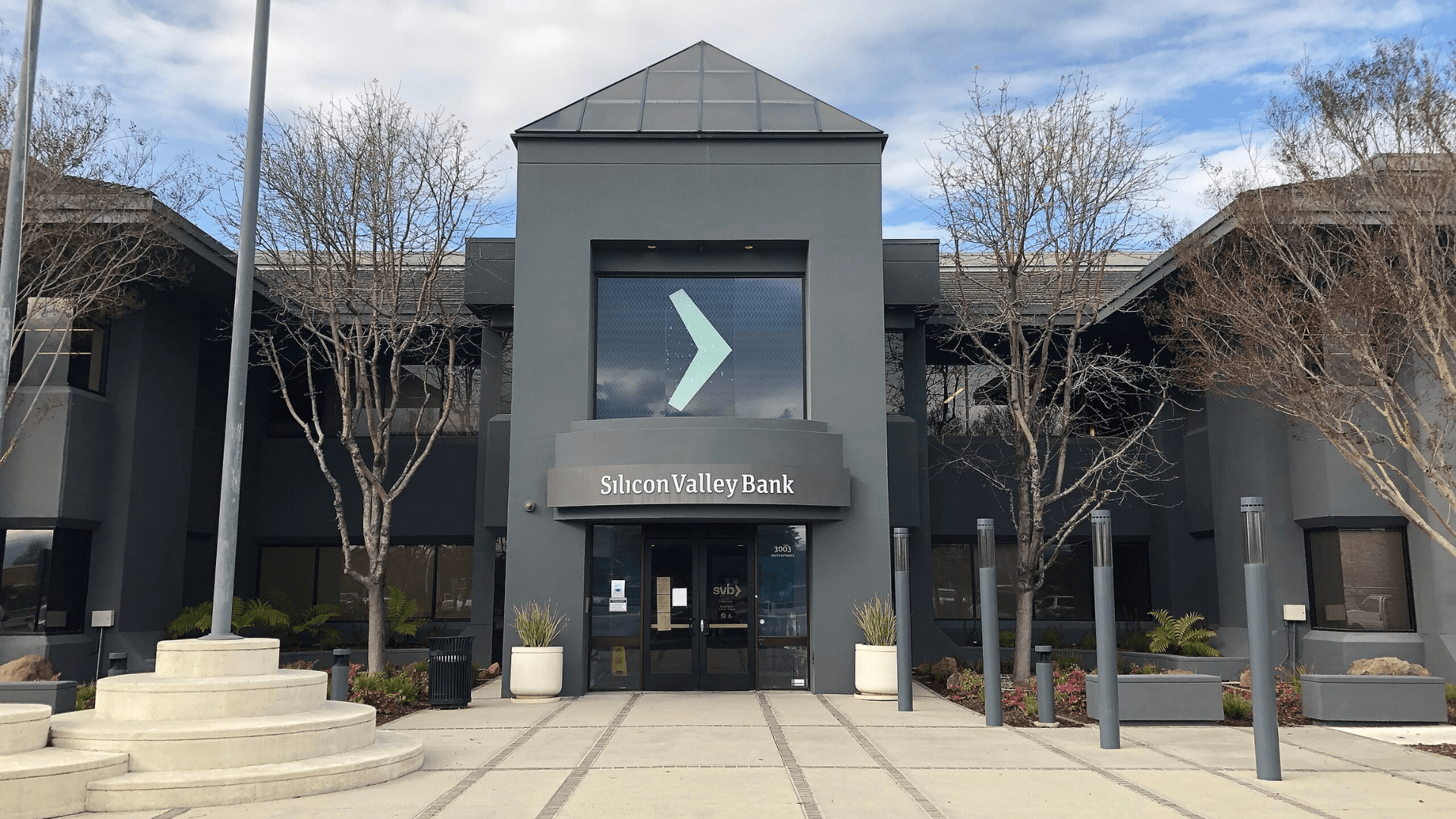
Despite its name reflecting the epicenter of technological innovation, Silicon Valley Bank has become a target of criticism.
Recent claims of mishandling money and a former VP facing securities fraud charges have further fueled the bank’s negative image.

